Some suggested books and articles to read before She Roars:
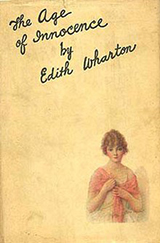
“The Age of Innocence” by Edith Wharton
Winner of the 1921 Pulitzer Prize, “The Age of Innocence” is Edith Wharton’s masterful portrait of desire and betrayal during the sumptuous Golden Age of Old New York, a time when society people “dreaded scandal more than disease.”
In the book, Newland Archer prepares to marry the beautiful but conventional May Welland. But when the mysterious Countess Ellen Olenska returns to New York after a disastrous marriage, Archer falls deeply in love with her. Torn between duty and passion, Archer struggles to make a decision that will either courageously define his life—or mercilessly destroy it.
Adapted for the stage by Douglas McGrath ’80, “The Age of Innocence” will be performed on Thursday, October 4 at 7:30 p.m.
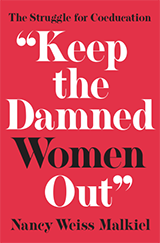
“Keep the Damned Women Out: The Struggle for Coeducation” by Nancy Weiss Malkiel, Professor of History, Emerita and Former Dean of the College
As the tumultuous decade of the 1960s ended, a number of very traditional, very conservative, highly prestigious colleges and universities in the United States and the United Kingdom decided to go coed, seemingly all at once, in a remarkably brief span of time. Coeducation met with fierce resistance. As one alumnus put it in a letter to his alma mater, “Keep the damned women out.” Focusing on the complexities of institutional decision making, this book tells the story of this momentous era in higher education—revealing how coeducation was achieved not by organized efforts of women activists, but through strategic decisions made by powerful men.
Nancy Weiss Malkiel will discuss “Keep the Damned Women Out” on Friday, October 5 at 10:30 a.m.
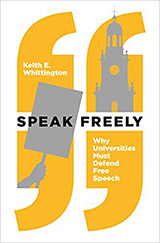
“Speak Freely: Why Universities Must Defend Free Speech” by Keith Whittington, the William Nelson Cromwell Professor of Politics
Free speech is under attack at colleges and universities today, with critics on and off campus challenging the value of open inquiry and freewheeling intellectual debate. Too often speakers are shouted down, professors are threatened, and classes are disrupted. In “Speak Freely,” Keith Whittington argues that universities must protect and encourage free speech because vigorous free speech is the lifeblood of the university. Without free speech, a university cannot fulfill its most basic, fundamental, and essential purposes, including fostering freedom of thought, ideological diversity and tolerance.
Keith Whittington will discuss his book “Speak Freely” during How Do We Balance Free Speech With Civility? on Thursday, October 4 at 3:15 p.m.
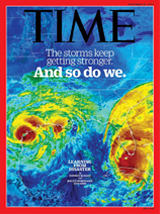
“The Real Special Snowflakes in Campus Free Speech Debates” by Eddie Glaude Jr.
Time, September 29, 2017
This piece will be referenced during How Do We Balance Free Speech With Civility? on Thursday, October 4 at 3:15 p.m.
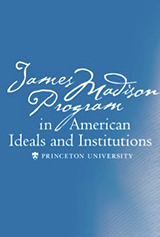
“Truth Seeking, Democracy, and Freedom of Thought and Expression – A Statement” by George, Robert P., and Cornel West
The James Madison Program in American Ideals and Institutions, Princeton University, March 14, 2017
This piece will be referenced during How Do We Balance Free Speech With Civility? on Thursday, October 4 at 3:15 p.m.
“Second Opinion: Another View of Influence” by Jill Dolan.
Princeton Alumni Weekly, January 2018
This piece will be referenced during Success Without Fame or Fortune: A New Paradigm on Friday, October 5 at 3:00 p.m.
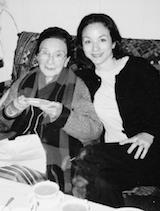
“Teatime in Darjeeling” by Ann Tashi Slater ’84
Tin House Magazine, October 2017
In this essay, Ann Tashi Slater talks about reconnecting with her Tibetan roots. The piece will be referenced during Personal Identity in an Intersectional World on Saturday, October 6 at 10:45 am.

